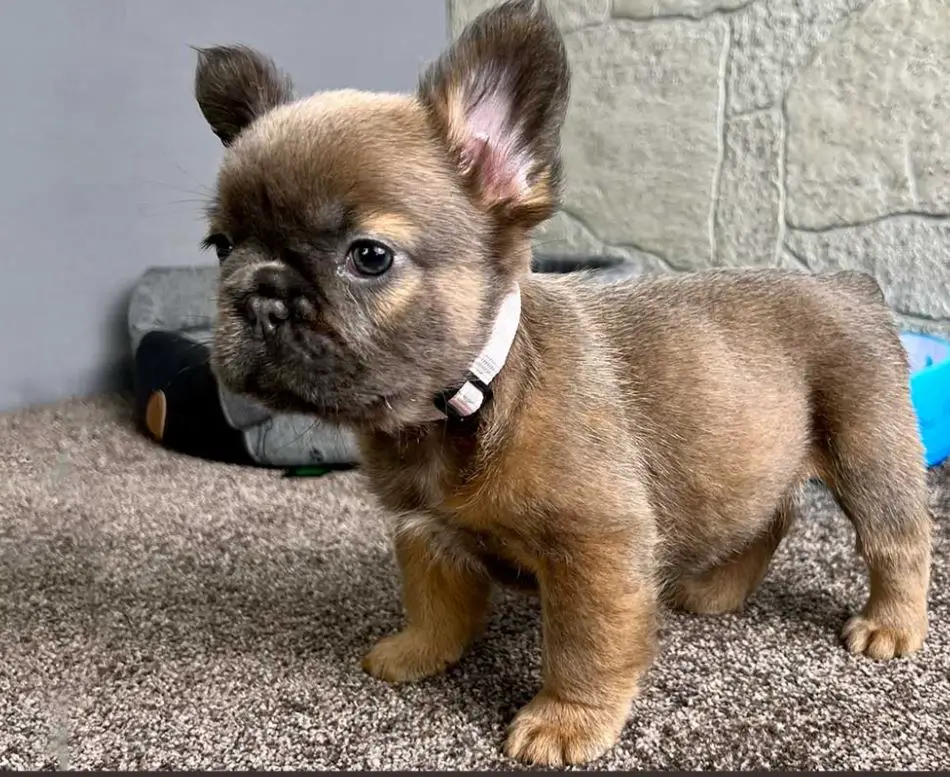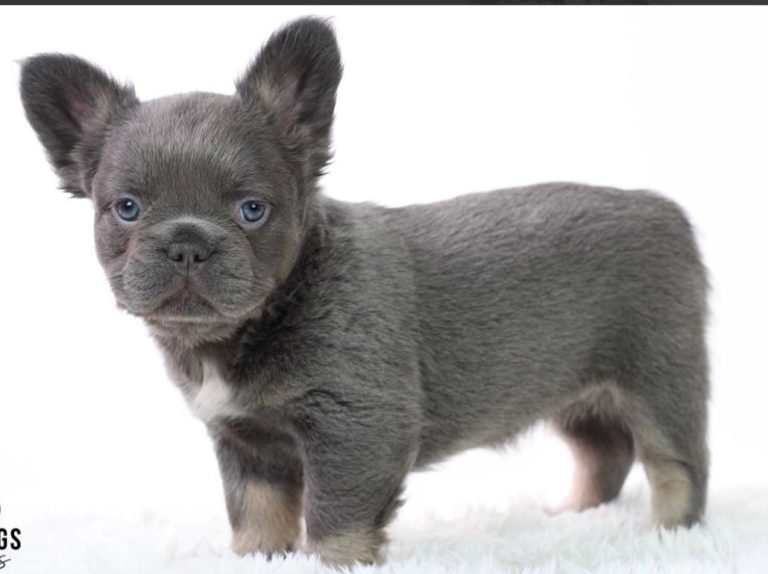What Are the Best Genes for Fluffy Frenchies? (The Secret Behind Fluffy Coats)

French bulldogs, with their iconic bat ears and charmingly wrinkly faces, have captured the hearts of dog lovers worldwide.
But among these adorable pups, there exists a rare and coveted variation – the fluffy Frenchie.
These fluffy bundles of joy possess a longer, softer coat that sets them apart from their short-haired counterparts.
The secret behind their fluffy allure lies in a single gene, known as the LH gene. This recessive gene, when present in two copies, transforms a Frenchie’s coat from sleek and smooth to delightfully plush.
While the LH gene is naturally occurring in the French bulldog population, it’s quite rare, making fluffy Frenchies a sought-after breed.
Embark on a genetic journey to uncover the secrets of the fluffy Frenchie, exploring the science behind their unique coats and delving into the world of responsible breeding practices.
Discover the factors that influence fluffiness, dispel common misconceptions, and uncover the true essence of these captivating canines.
How does the LH gene affect the coat of French bulldogs?
The LH gene is a recessive gene that codes for fibroblast growth factor 5 (FGF5). FGF5 plays a role in hair growth and development.
When a French bulldog has two copies of the LH gene, it has a longer, fluffier coat. When a French bulldog has one copy of the LH gene, it is a carrier for the gene, but it will not have a fluffy coat.
When a French bulldog has no copies of the LH gene, it will have a short, smooth coat.
The LH gene is also associated with other traits, such as rounder heads and larger eyes. However, these traits are not always present in fluffy French bulldogs.
Are there any other genes that influence the coat of French bulldogs besides the LH gene?
While the LH gene is the primary determinant of coat length in French bulldogs, other genes may play a role in modifying coat texture and appearance.
For instance, the KRT71 gene is associated with curly or wavy coats, which can be seen in some fluffy Frenchies.
Further research is ongoing to identify and understand the complex interplay of genes that shape the diverse coat characteristics of French bulldogs.
How can genetic testing help identify fluffy Frenchies?
Genetic testing provides a reliable method to determine whether a French bulldog carries the LH gene.
Breeders can utilize genetic testing to ensure they are pairing dogs with the desired genetic makeup to produce fluffy Frenchies.
Additionally, pet owners can opt for genetic testing to confirm their dog’s genotype and gain insights into their potential health traits.
Are there any ethical concerns associated with breeding for fluffy Frenchies?
While fluffy Frenchies are undeniably adorable, selective breeding solely for coat type raises concerns about potential health implications.
Prioritizing aesthetics over overall health could lead to the perpetuation of genetic defects or the introduction of new health issues.
Responsible breeders should focus on breeding healthy French bulldogs with a variety of coat types, ensuring that health remains paramount in their breeding decisions.
Final Verdict
The secret behind the fluffy Frenchie’s allure lies in a single gene, known as the LH gene.
This recessive gene, when present in two copies, transforms a Frenchie’s coat from sleek and smooth to delightfully plush.
While the LH gene is naturally occurring in the French bulldog population, it’s quite rare, making fluffy Frenchies a valuable breed.
The LH gene codes for fibroblast growth factor 5 (FGF5), a protein involved in regulating hair growth and development.
When a French bulldog inherits two copies of the LH gene, FGF5 activity increases, leading to the production of longer, softer hair follicles.
Conversely, when a French bulldog has one or no copies of the LH gene, FGF5 activity remains lower, resulting in a shorter, smoother coat.





![How Much For A French Bulldog [Solved]](https://onlyfrenchbulldog.com/wp-content/uploads/2024/06/how-much-for-a-french-bulldog-solved_3189-768x550.jpg)
